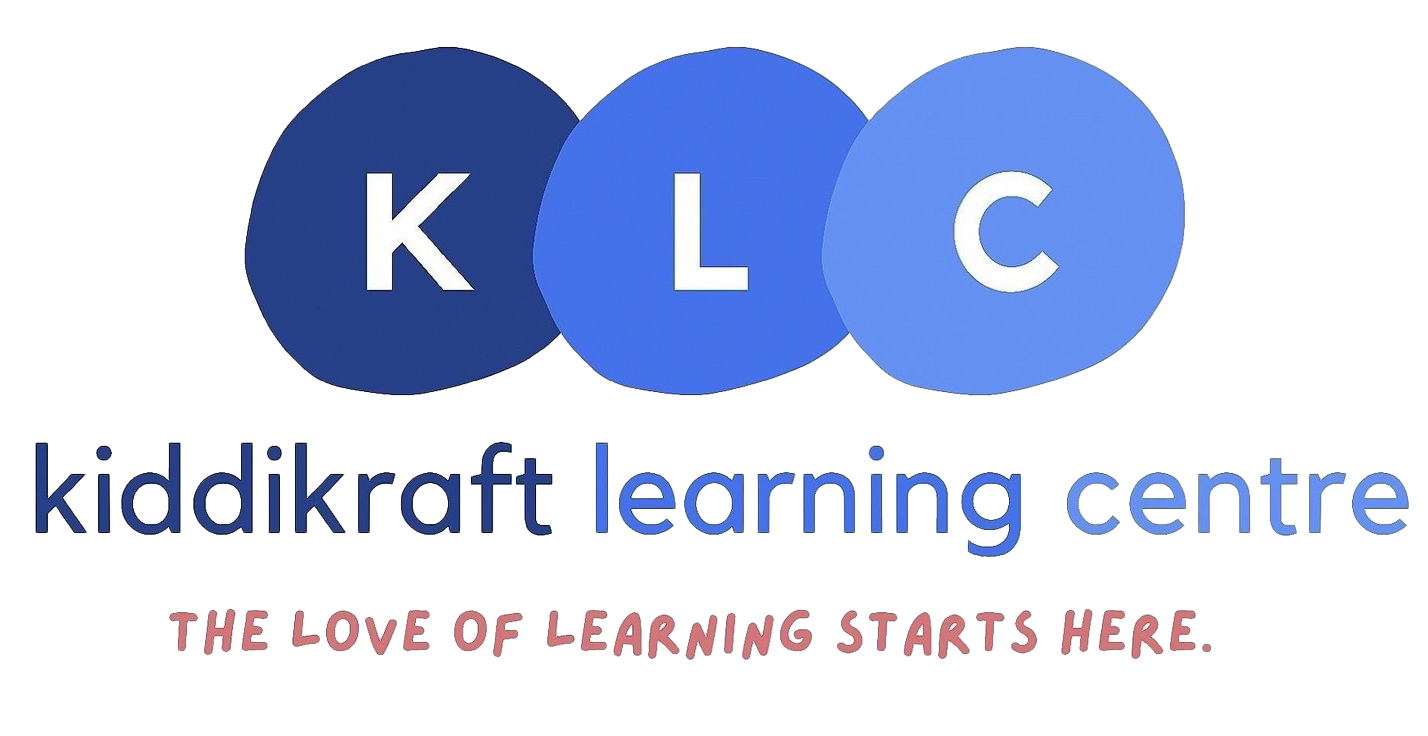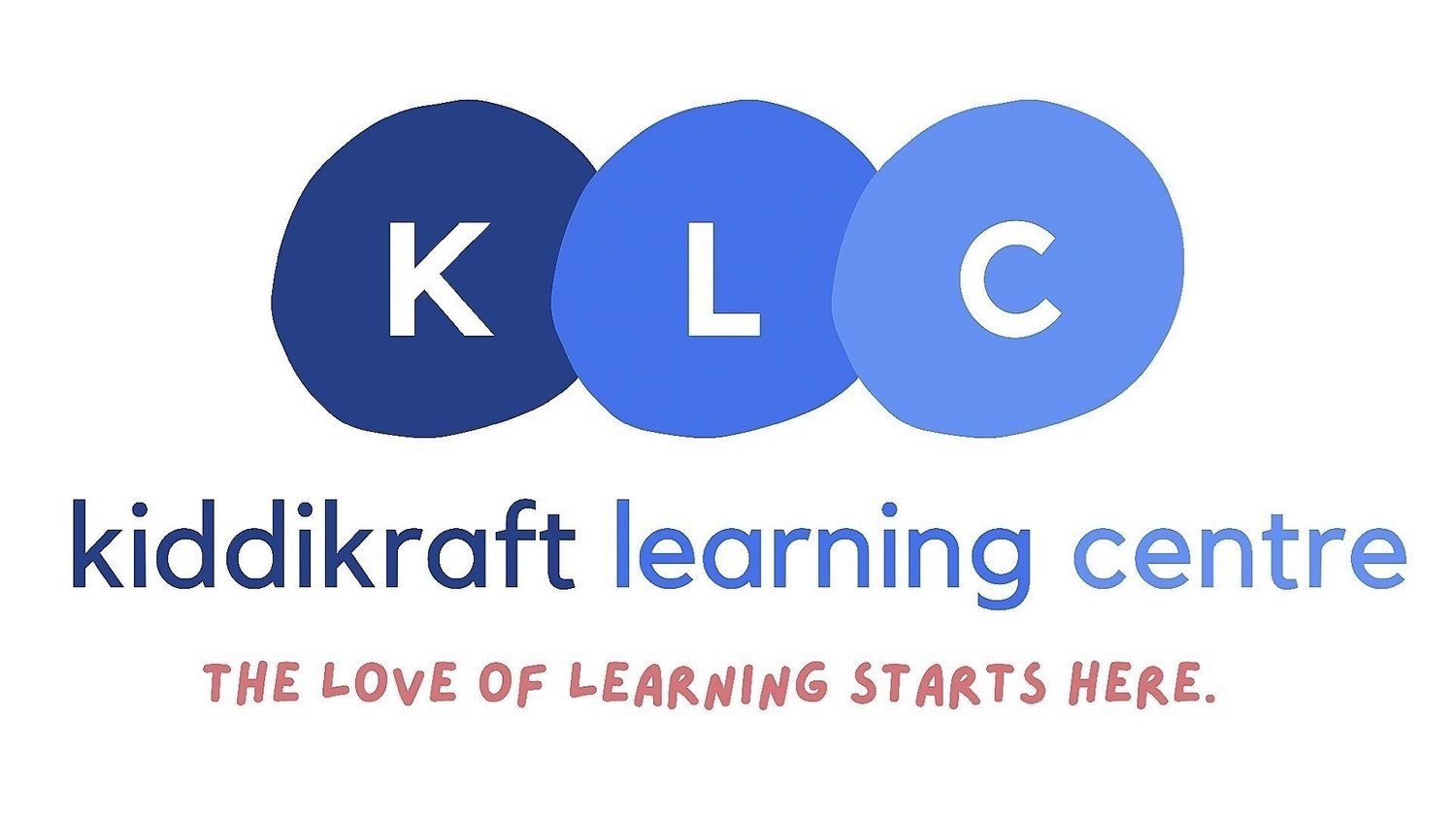Make Vocabulary Building Fun for Kids
Make Vocabulary Building Fun for Kids
Developing a strong vocabulary in young children goes beyond simply memorizing dictionary definitions. It requires engaging and enjoyable strategies that make the process effective and contribute to a substantial word bank.
Here are some approaches to consider:
Embrace the Student's Perspective
Remember that building vocabulary can feel overwhelming for students. While your own word knowledge has grown over years of education and experience, you can help students by adapting lessons to match how they encounter new words. Show them how to sound out unfamiliar words and understand their meaning through sentence context. Additionally, framing new words within familiar examples, whether geographical or cultural, can significantly aid comprehension.
Utilize a Word Wall
A simple yet powerful tool, a word wall encourages consistent exposure to new vocabulary. By displaying a regularly updated list of words, either handwritten or typed, in a visible classroom space, you prompt students to engage with them daily. To make it more interactive, encourage students to add pictures, synonyms, and antonyms for each word.
Implement Vocabulary Notebooks
These personalized notebooks serve a similar purpose to word walls but offer a take-home element, further encouraging vocabulary expansion and English proficiency. Provide each student with a notebook for recording new words and their meanings. Encourage them to note synonyms, antonyms, and even draw pictures to reinforce understanding. Remind students to keep these notebooks accessible during writing activities.
Create Engaging Word Cards
This collaborative activity allows students to work in pairs or small groups to develop their understanding of word categories (nouns, verbs, adjectives, pronouns). Using different colored cards, students can write words and their definitions. Encourage practice by having each student create a sentence using a new word. These cards can then be collected and displayed as a visual reminder.
Foster Reading Comprehension
A crucial aspect of vocabulary development, reading comprehension can be enhanced through various methods:
- Class Discussion. Talking about the books students are reading promotes deeper understanding.
- Phonics Practice. Fun phonics activities help young learners master sounds and letter differentiation, which is foundational for vocabulary growth.
- Grade-Appropriate Reading. Providing books that are accessible yet slightly challenging ensures both comprehension and the introduction of new vocabulary.
- Reading Aloud. Encourage students to take turns reading aloud to build familiarity with word sounds and pronunciation. Be mindful of students who may feel hesitant and offer supportive strategies like partner or small group reading.
Building a robust vocabulary is a lifelong journey. By equipping students with effective learning strategies, we can empower them to continuously expand their word knowledge and feel confident in their communication skills.

